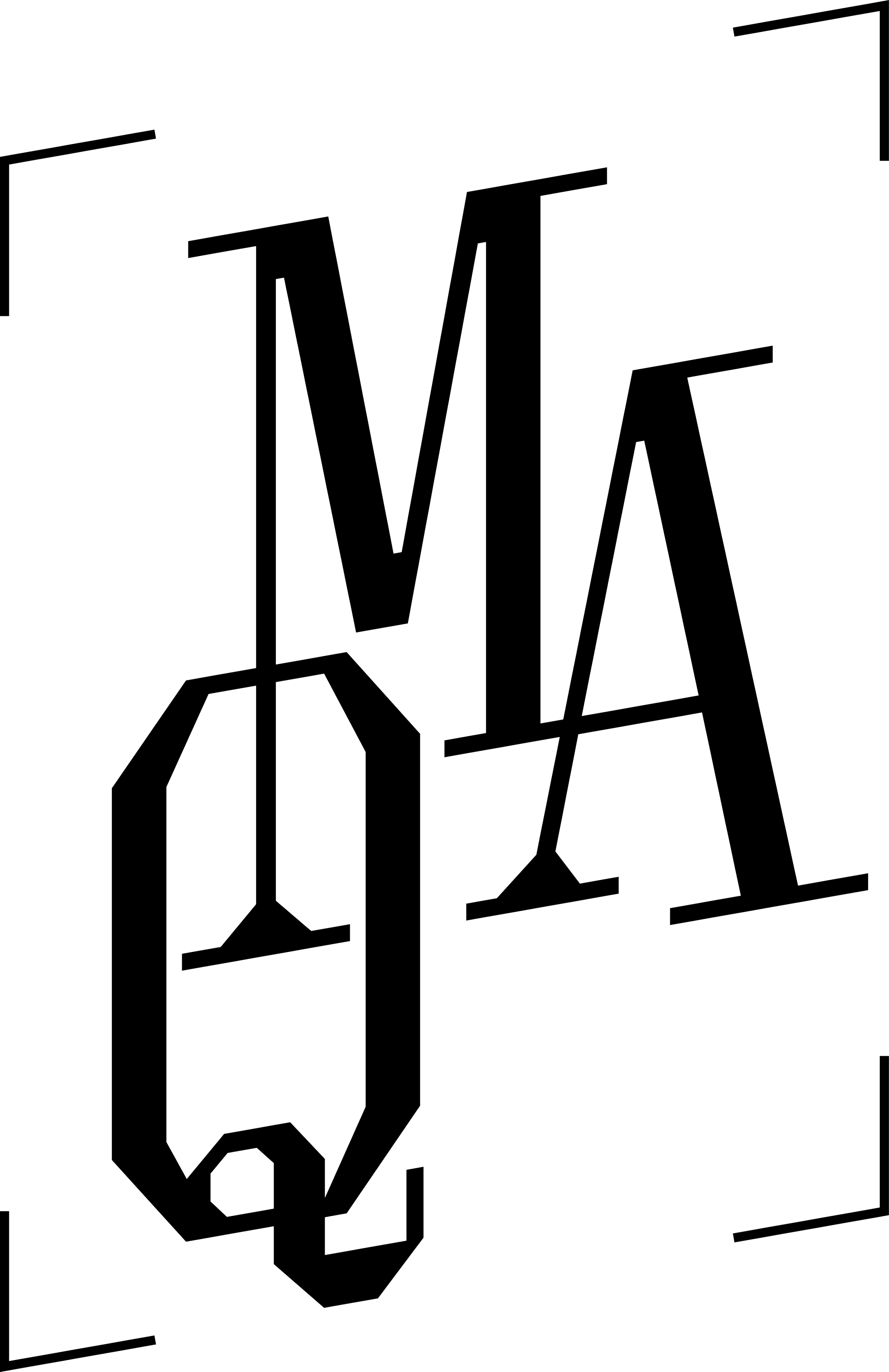Opinion piece
An Immanent Breeze – The Need
for Poetry in Times of Silence
by “Joseph” Mong-sum Leung
(c) Unsplash, Toa Heftiba
What is the difference between a ‘demand’ and a ‘necessity’? To begin with, they are both forms of solicitations that set us in a motion of response. Yet, they essentially stem from different origins, with a demand being transcendental in nature and sources from the ‘outside’, whereas a necessity originates from one’s immanence and emerges as an urgency ‘within’.
Often in a socio-political context, a demand comes to be a demand for ‘voice’, a demand for individuals to express their will. In western societies, a conventional political demand is for individuals to speak up and voice out their opinions regarding current affairs. It is particularly the job of the artist, to speak up against social injustice, to be fearless and go against the grain. This is indeed a justified demand, with our attention duly turned toward those who are in need and yet deprived of care.
Contrarily, the matter is complicated when a demand does not solicit voices from individuals, but the absence of it - in the silencing of individuals. In the face of such negating demand, one could realize the ability to voice out is in fact a privilege, and that silence does not necessarily imply ignorance, when one’s expression could come to be costly. At times, speaking up requires just as much courage as remaining silent.
Amid a demand for silence, one could find themselves in ‘lack’ and trapped in a induced vacuum of unease and disquiet. Yet, it is in such state of agitation when our innate ‘necessity’ could be revealed - a need to speak, appearing in its most nakedness, showing itself amid the imposed quietness. Within us, such necessity ‘solicits’ us to express, not only in form of a ‘request’ or a ‘plea’, but profoundly as an ‘urge’, which disturbs us and provokes us. The fact is, true necessity cannot be fabricated, as it remains a mindless force that overwhelms us and perpetually ‘leaks’ through the strictest form of suppression.
How then, should one address their need to express amid a suppressive silence? Necessity has always been a source of creativity for artists, and it is the job of the artists to channel this ‘force of necessity’ by cultivating it into appropriate forms. Poetry, of all forms, allows us to address subjects that are not easily articulated either due to their abstracted nature, or in some cases, restrictive nature. In the Chinese tradition, poetry has been considered as a form of ‘cultural current’ that has the potential to spread and permeate in malleable ways. The oldest collection of Chinese poems known as "Shijing" (詩經), or commonly translated as the "Book of Songs”, included a major category of poems known as the “Current of the States”, which has lyrically documented the social climate of feudal China. During an era when criticism of the feudal State was greatly constrained, poetry resembled ‘a current of air’, which had the ability to subtly ‘move’ and ‘shape’ socio-cultural ideologies. According to a major prologue in the “Book of Songs”: “Through the Current, the top [the State] has shaped the bottom, as the bottom [the commoners] has satirized the top” (上以風化下,下以風刺上), and since poetry is enigmatic and malleable in nature, “those who spoke of it cannot be found guilty, yet those who have heard of it could well be cautioned” (言之者無罪,聞之者足以戒).Poetry could therefore allow enough room for a voice to be cultivated under restrictive circumstances. While a poetic voice is soft in nature, it is gentle enough just to linger, yet potent enough to diffuse the most fortified walls.
Amid times of increasing social upheavals, we are ever-more in need for reticence, through which one could discern their most immanent necessity. While circumstances might not always enable one’s free expression, poetry remains a way for us to cultivate our immanent voice, operating as a breeze that could comfort and empower oneself and others. Despite its gentleness, the faintest whispers could recur into greater turbulence, and what begins as subtle stirrings may ultimately manifest as ground-shifting storms.
About the author
Joseph Mong-sum Leung (b. 1995, Hong Kong) is an artist based in Hong Kong and Vienna. Ranging from images and text to found objects and installations, Leung’s intermedia practice functions as conceptual inquiries that examine how affects manifests across different socio-political contexts. As PhD candidate at the University of Applied Arts Vienna, Leung is engaging in a long-term project titled “Post-Digital Angst”, which aims at surveying the contours of anxiety in the digital milieu.

